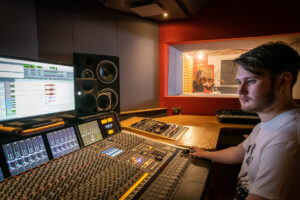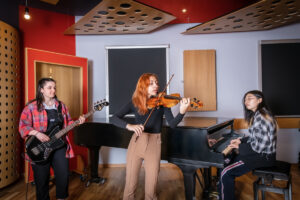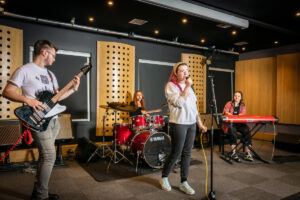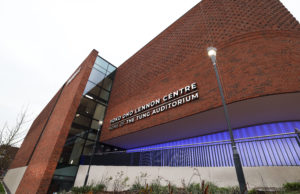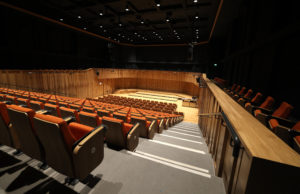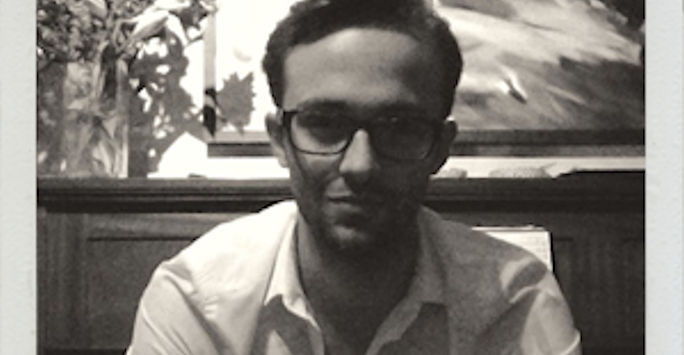How you'll learn
We employ a range of teaching methods, including lectures, seminars, tutorials, workshops, master classes, 1-2-1 instrumental lessons, ensemble coaching, and online tasks and projects. The emphasis is on student participation and interaction. We fit the most appropriate mode of teaching to the particular subject, conscious that the learning process needs to be enjoyable, enabling you to acquire useful and marketable skills and knowledge.
How you're assessed
Each module has an individually determined system of assessment (by coursework, written paper, test, recital, composition or technology portfolio, presentation or podcast, examination, and combinations of these), and we select the method that best suits the nature of the module.
Liverpool Hallmarks
We have a distinctive approach to education, the Liverpool Curriculum Framework, which focuses on research-connected teaching, active learning, and authentic assessment to ensure our students graduate as digitally fluent and confident global citizens.
The Liverpool Curriculum framework sets out our distinctive approach to education. Our teaching staff support our students to develop academic knowledge, skills, and understanding alongside our graduate attributes:
- Digital fluency
- Confidence
- Global citizenship
Our curriculum is characterised by the three Liverpool Hallmarks:
- Research-connected teaching
- Active learning
- Authentic assessment
All this is underpinned by our core value of inclusivity and commitment to providing a curriculum that is accessible to all students.


